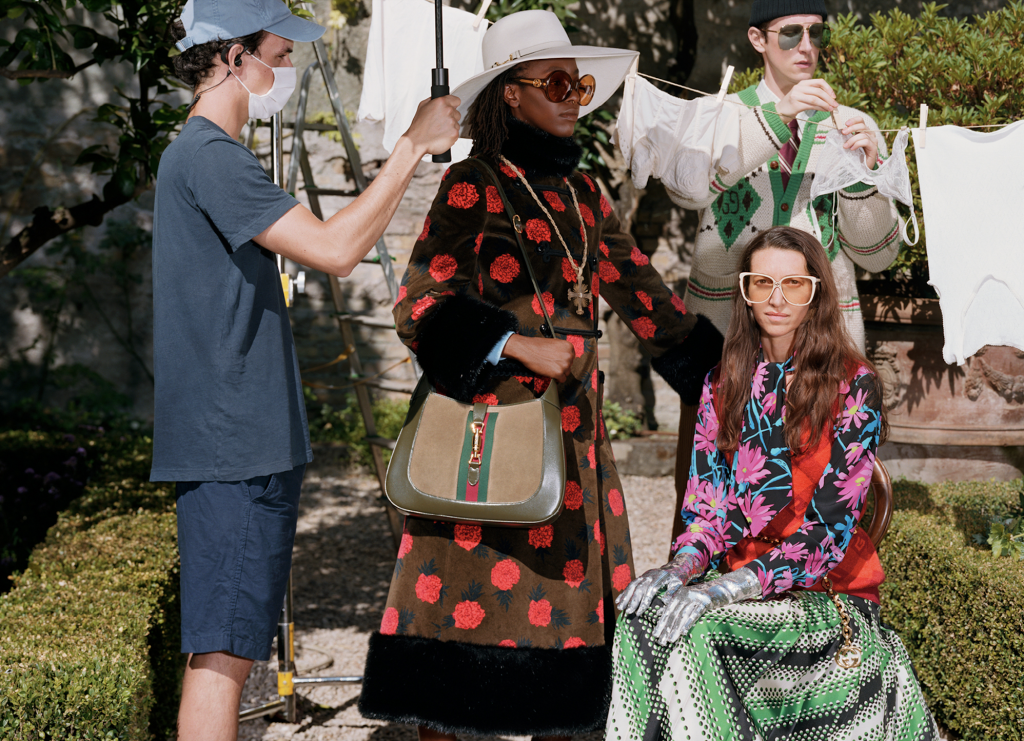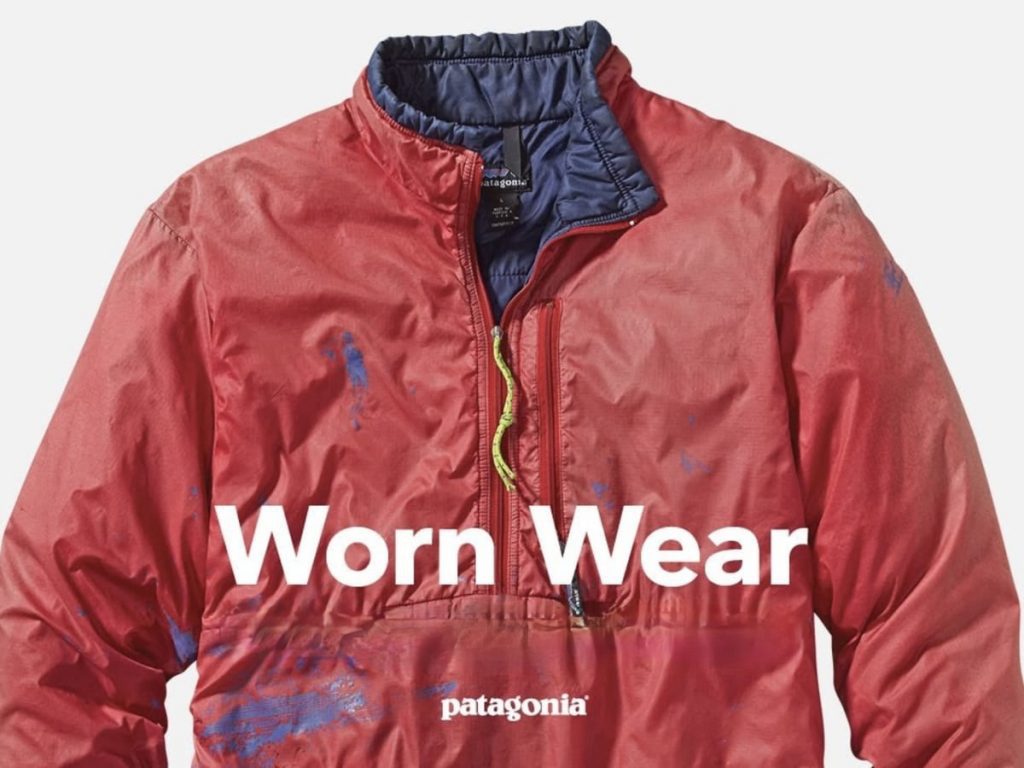Online retail has been increasing for the better part of a decade thanks to an enduring shift in consumer behavior, and this trend has been accelerated even more during the Covid-19 pandemic, with high street and luxury brands forced to close their doors to comply with strict government restrictions, and rely on digital sales in the meantime in order to reach locked-down consumers. Naturally, with the increase in online retail comes the inevitable risk of potentially purchasing counterfeit goods, with bad actors inundating well-established and heavily-trafficked online platforms, such as Amazon, eBay and Facebook, as third party sellers.
Against this background, social media platform Facebook and luxury brand Gucci revealed in April that they filed a joint lawsuit in federal court in California against a single counterfeiter who had allegedly been using Facebook and Instagram accounts to sell counterfeit Gucci products. This joint lawsuit follows numerous attempts by the Menlo Park, California-headquartered social media company to take down upwards of 100 Facebook and Instagram accounts created by the defendant, which, nonetheless, kept reappearing.
The lawsuit, which was filed on April 27, centers on the defendant’s allegedly unauthorized use of various trademarks held by Gucci, with famous marks, such as “Gucci’s word mark, a number of stylized Gucci and GG marks, and [its] Green/Red/Green Signature Webbing,” being applied to inferior quality goods and made available for sale by way of the Facebook-owned social media platforms. In addition to running afoul of federal trademark law and causing consumer confusion as to the origin and quality of the fake Gucci goods, the plaintiffs claim that the defendant’s activity is also in breach of Facebook and Instagram’s terms of use, such as their prohibition against users “doing anything that ‘infringes or violates someone else’s rights, including their intellectual property rights.’”
Due to the increase in online retail and the various different retail channels available to consumers, brands are looking to protect and preserve their reputations as much as possible in the midst of changing consumer behaviors. As such, it is so important (now more than ever) for brands to be vigilant and, where necessary, take action against counterfeiters to protect their reputation and value in their brand. The joint action filed with Gucci is a first for Facebook, although Amazon has already taken such an approach with filing lawsuits along with luxury brands, such as Valentino and fellow Italian fashion brand Salvatore Ferragamo.
This strong, collaborative approach shows a shift in the attitude of dealing with online counterfeit goods.
It has not been uncommon to see luxury brands taking action against online platforms for not preventing the sale of counterfeit goods, but now, efforts appear to be turning towards the counterfeiters, themselves. Arguably not a surprising shift in approach to fighting counterfeit goods by brands, themselves, what is surprising is the shift in action of the operators of online platforms. In the past, submitting takedown notices would be the normal course of action. Now, due to the increasingly modernized and sophisticated counterfeiter, it appears that the reliance on takedown measures, alone, is not enough for sites like Amazon and Facebook to ward off bad actors, and thus, appease brands, as well as earn – and/or maintain – consumer trust, especially as platforms like Amazon continue to wade deeper into the fashion and luxury sphere.
Online platforms are now under pressure to be more proactive in their approach to tackling the ever-escalating issue of counterfeit goods, particularly in the U.S., as the Facebook, Gucci lawsuit demonstrates. There has been some increase in pressure over the last decade from the European Union Commission, which adopted two reports concerning Memorandum of Understandings, which requested signatories (including online platforms and rights holders) to adopt certain measures and “enhanced co-operation” with authorities, in order to tackle the issue of counterfeit goods online. However, it would certainly be interesting to see whether such pressures mount in the United Kingdom and European following the outcome of this case in the U.S., and whether such joint actions will become a more common tactic going forward.
Anna Sowerby is a trainee solicitor at Charles Russell Speechlys in London.











